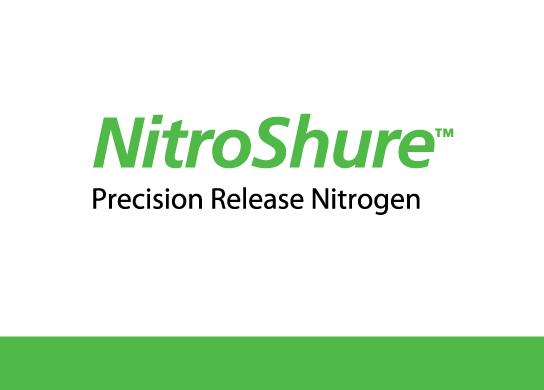Canavalia ensiformis for parasite control
Effect of the Intake of Jackbean (Canavalia Ensiformis) on the Control of Gastrointestinal Parasites and the Growth of Tropical Lambs
Published: September 27, 2011
Summary
INTRODUCTION Many tropical forages harbour anti-parasitic properties which may assist in the development of a cost-effective method of parasite control for resource poor farmers. In particular, Canavalia ensiformis (jackbean) contains high levels of lectins, the purified form of which have been demonstrated in both in vitro and in vivo to have anthelmintic properties. This study ...
Related topics:
Authors:

Recommend
Comment
Share
3 de octubre de 2011
it is a good natural anthelmantic being used for small ruminants.Is it available in other parts of the world or in Pakistan?
Recommend
Reply

3 de octubre de 2011
Dear Dr Shafique:
Thanks for writing. We are very happy to have some effect with the seed meal on bot nematodes and Eimeria, and now for the next experiment we will try the lectin Con A extracted from the seeds. So we can really know if the effect is due to the lectin, and hoping to find a stronger effect. Through a very quick search using google I found that yes you do have the legominous Canavalia at Paquistan (see link: http://www.efloras.org/florataxon.aspx?flora_id=5&taxon_id=250065270) . Its a very big white bean, the plant is a medium size one (aprox. 1 m tall) with beautiful purple flowers.
Ragards,
Leyla
Recommend
Reply
Livestock Management Department
16 de octubre de 2011
It is a good information for raising animals for the purpose of meat production in the remote rural areas. The variety of plants available in the pastures need appropriate documentation for nutrient value and pharmaceutical properties. The significant of effect of this herb on weight gain and parasitic control offers it as a potential candidate for feed supplementation at small farmers' level. Congratulations to the author.
Recommend
Reply

16 de octubre de 2011
Many Thanks Dr Subhan Qureshi. Very happy if our tropical results, coming from the other side of the world, are useful in your conditions also.
Regards,
Leyla
Recommend
Reply

19 de octubre de 2011
it is a good natural anthelmantic being used for small ruminants.Is it available in other parts of the world? Congratulations
Recommend
Reply

1 de noviembre de 2011
Hello Vasco. Thanks for writing. Yes for sure Canavalia ensiformis and other species of Canavalia are available in the tropics worldwide. I have checked that is used in Pakistan, for sure in other tropial countries also.
Kind regards,
Recommend
Reply


NitroShure™
NitroShure™ Precision Release Nitrogen uses Balchem’s proprietary encapsulation technology to provide a more consistent nitrogen supply to rumen microbes.
Suggested link
1

Would you like to discuss another topic? Create a new post to engage with experts in the community.











